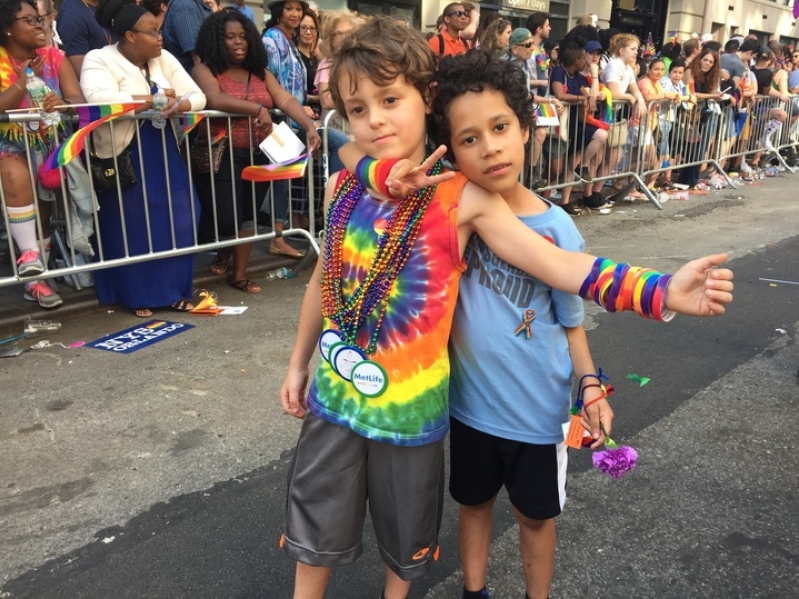
Children as young as 11 could be permitted to start irreversible hormone treatment to change their biological sex without the permission of a court under an upcoming landmark family court case in Sydney.
The Daily Mail reports that five Family Court judges will sit on the case to be heard by the Full Court later this year - the first time they have done so in 12 years.
The case was brought by the father of a 16-year-old who was born female but identified as male from nine-years-old, according to the Daily Telegraph. The child, "Kelvin", reportedly changed schools to start as a male, used a chest binder and attended the Lesbian Gay Bisexual Transgender Intersex and Questioning "campout" on the Central Coast in 2014.
The court has already decided that Kelvin is "competent" and fully understands what is involved in starting hormone treatment; however, his father has launched the appeal to ask the court to step out of the process all together. Should the judges rule in favor of the family, children wishing to undergo hormone therapy will only need the permission of a parent and a medical professional.
Currently, for access stage one treatment known as puberty blockers, children are no longer required to go to court, as the process was recently deemed fully reversible. The second stage of treatment - irreversible gender-affirming hormones, is what will be contested.
A June report from the Daily Telegraph said that an analysis of Family Court judgments from the start of this year show 10 children have been granted legal approval to start "stage two" treatment to allow for physical changes.
Recently, the court ruled in favor of 17-year-old "Ashton" to undergo treatment to fulfil his wishes of becoming a boy after the family spoke of "Ashton's" distress at having female attributes.
Data released earlier this year by the Gender Identity Development Service (GIDS) shows 1,986 children under the age of 18 have been accepted for specialist treatment in the past year. That's up from just 94 in 2009-10, with 37 young children under the age of five referred since then.
Western Sydney University professor John Whitehall, who has more than 50 years' experience treating children, called the rise in transitioning "an infectious trend" and called for an age limit of at least 18 before children who claim they have gender dysphoria are permitted to undergo treatment.
Professor Whitehall said it was "unreasonable" to expect children to understand the gravity of the decisions they were making at such a young age.
"It is unreasonable to expect juveniles to have a complete picture of where they want to be in later life, especially kids that haven't even yet reached puberty. This is an infectious trend, a dangerous fad and I think it's nonsense. The courts should stop messing with our kids until they are at least 18 because once you change, that's it."
He urged a "watchful waiting" approach instead, arguing that a vast majority of children who question their gender will revert to their biological sex by puberty.
"I think it's a dangerous fad; a dangerous behavioral fashion trend fuelled by the ideologues and fuelled by the media," he said, adding he was concerned that programs such as Safe Schools, which promotes "gender fluidity", were causing extra pressure.
"Even making that so-called social transition has consequences," he said. "It nails the child to the cross. It's very difficult to come back from that."






